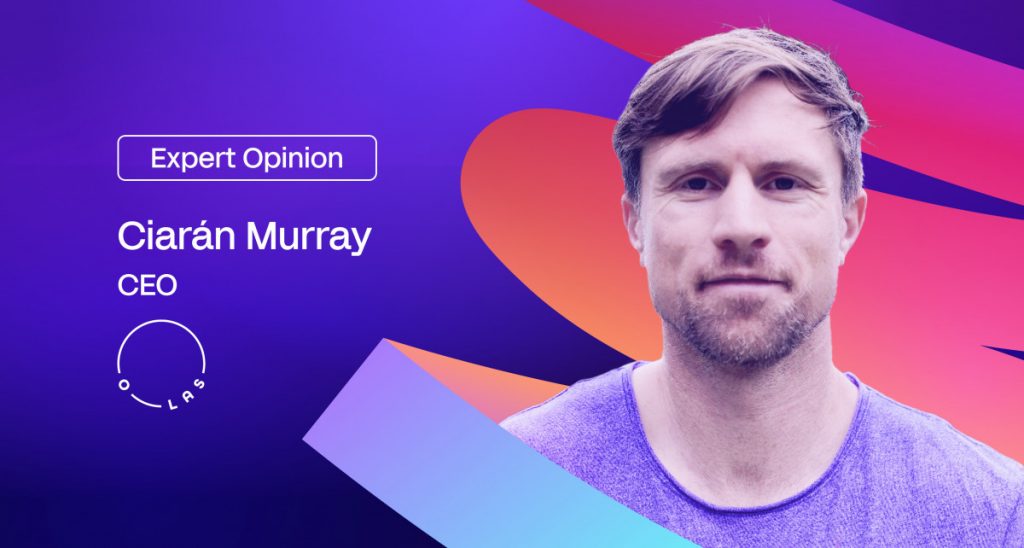The Invisible Hand in Science: Who Really Controls Research and Publishing?


In Brief
Who controls science? Profit-driven funding, biased peer review, and paywalled publishing limit innovation—it’s time to break the barriers and make knowledge free.

What if the next great scientific breakthrough never saw the light of day? A life-saving treatment left unpublished, a solution to climate change ignored, a revolutionary idea buried in bureaucracy. This isn’t a hypothetical scenario, it’s the reality we find ourselves in.
Peer review was initially designed to hold research to a certain standard of integrity. Unfortunately, this has become a bottleneck, leading to the delay or even prevention of vital discoveries. It is clear that funding structures have been molded to prioritize research that can be patented and, more importantly, monetized. This has left crucial but “non-commercial innovations” without support. Instead of accelerating progress, these systems create barriers where only research with clear commercial potential moves forward, while ideas that could change the world never make it past the starting line.
Peer Review Is Essential, But It Needs Reform
Some will argue that peer review is the best way to maintain scientific quality, which I agree with. My question to you is what happens when it fails at its own purpose?
A study published in the Journal of the Royal Society of Medicine found that peer reviewers frequently miss major errors in research papers, even when those errors are intentionally inserted as a test. If peer review is failing to catch mistakes, is it really the gold standard we assume it to be?
Thanks to PNAS’s transparency, we can see that the average time from content submission to publication is around 6.6 months, peer review alone takes approximately 47 days. In fast-moving, ever evolving fields like medicine or technology, there is no room for delay of information, it can be the difference between a solution being implemented or remaining buried.
The COVID-19 pandemic exposed just how many holes there are in this system. When faced with an urgent crisis, scientists abandoned traditional publishing standards and instead used preprint servers to share findings instantly. If science could move that fast in an emergency, why should we accept a system that slows it down under normal circumstances?
Then there’s the overwhelming issue of who gets published in the first place. It is believed that major journals historically have favored research from top universities, while independent researchers and smaller institutions fight to get their work past the initial review stage. Studies have indicated a perception that papers from lesser-known institutions are judged more harshly. Instead of being an objective filter for scientific merit, peer review too often reinforces academic hierarchies.
A transparent and fair peer review process would ensure that all research is evaluated based on its quality, not its source. Open peer review models, where reviewer comments are published alongside research, have already been shown to improve fairness and accountability. Faster review processes, combined with broader acceptance of preprint servers, could prevent unnecessary delays. Science moves forward when ideas are tested, challenged, and refined. A broken system only holds that process back.
Who Controls What Science Gets Done?
If peer review determines what gets published, funding determines what gets researched in the first place, and this is just as concerning. A 2024 article in Accountability in Research found that research into non-commercial treatments receives far less funding than research into newly developed, patentable drugs. This creates a system where financial incentives outweigh public health outcomes.
This bias extends beyond medicine, with studies on climate adaptation, soil regeneration, and ecological preservation struggling for funding because they don’t provide immediate financial returns. The OECD further validates that short-term financial incentives have led to an undeniable focus on applied research at the expense of long-term discoveries that could benefit humanity.
In 2021, UNESCO released a report explaining that even when vital research is funded and published, access remains a major barrier. The vast majority of scientific studies are locked behind paywalls, meaning they are only for the select few. In fact, 50% of published research is not freely available.
We have created a contradiction – research is often funded by public money, conducted in public institutions, and reviewed by unpaid academics, yet the final product is controlled by private publishers who charge exorbitant fees for access. This doesn’t sound right to me.
Governments and independent research bodies need to shift funding priorities and ensure that non-commercial research receives the same level of support as profit-driven projects. A research model that deprioritizes short-term profit would allow for investment in solutions that have long-term benefits; this could be in the field of medicine, climate science, or technology. Expanding public-interest funding programs and increasing government-backed grants for research that cannot be patented would help level the playing field, ensuring that scientific discovery is driven by need, not just profit.
Decentralised funding models are emerging as an alternative to traditional grant structures. Platforms like ResearchHub, founded by Brian Armstrong, which uses blockchain technology and token incentives to support scientific collaboration and funding outside commercial constraints.
The internet gave us the tools to make scientific knowledge more open than ever, yet outdated publishing models continue to restrict it. Open-access platforms have begun to challenge this, but resistance from traditional academic publishers remains strong. If the goal of science is to expand human understanding, why are we still allowing corporate interests to decide who gets access to knowledge? Open-access publishing has proven to increase both the visibility and impact of research, while independent funding models demonstrate that science can thrive beyond corporate control. The real challenge is not just overcoming a system resistant to change. It’s doing so without creating new barriers by shifting the financial burden onto academics.
Science Should Serve Humanity, Not Gatekeepers
Science is meant to push boundaries, challenge assumptions, and improve lives. Yet, the systems controlling it, peer review methods, funding models, and publishing restrictions are actively slowing progress. The issue isn’t just profit but where it flows. Right now, too much of it goes to publishers that add little value while locking knowledge behind paywalls rather than supporting researchers and the advancement of science itself. A better system is possible, one that aligns financial sustainability with open access and genuine innovation.
The way we fund, review, and publish research today will shape the world of tomorrow, it’s as simple as that. The question is no longer whether reform is needed, but whether we are willing to remove the gatekeepers standing in its way. If knowledge is truly meant to be for the benefit of all, then we need to start acting like it.
The greatest ideas, those that truly move humanity forward, shouldn’t be trapped in bureaucracy – they should be free to change the world.
Disclaimer
In line with the Trust Project guidelines, please note that the information provided on this page is not intended to be and should not be interpreted as legal, tax, investment, financial, or any other form of advice. It is important to only invest what you can afford to lose and to seek independent financial advice if you have any doubts. For further information, we suggest referring to the terms and conditions as well as the help and support pages provided by the issuer or advertiser. MetaversePost is committed to accurate, unbiased reporting, but market conditions are subject to change without notice.
About The Author
Ciarán Murray, the founder of Olas, has extensive experience in the blockchain industry. He has been involved in various blockchain projects over the years and recently developed a proof-of-concept for synthetic assets. Before his work in blockchain, Ciarán had a career in the media industry, including a role at British Sky Broadcasting. His background provides him with a unique perspective on the challenges within the media industry and how blockchain and distributed technologies can be applied to address them.
More articles

Ciarán Murray, the founder of Olas, has extensive experience in the blockchain industry. He has been involved in various blockchain projects over the years and recently developed a proof-of-concept for synthetic assets. Before his work in blockchain, Ciarán had a career in the media industry, including a role at British Sky Broadcasting. His background provides him with a unique perspective on the challenges within the media industry and how blockchain and distributed technologies can be applied to address them.


















































